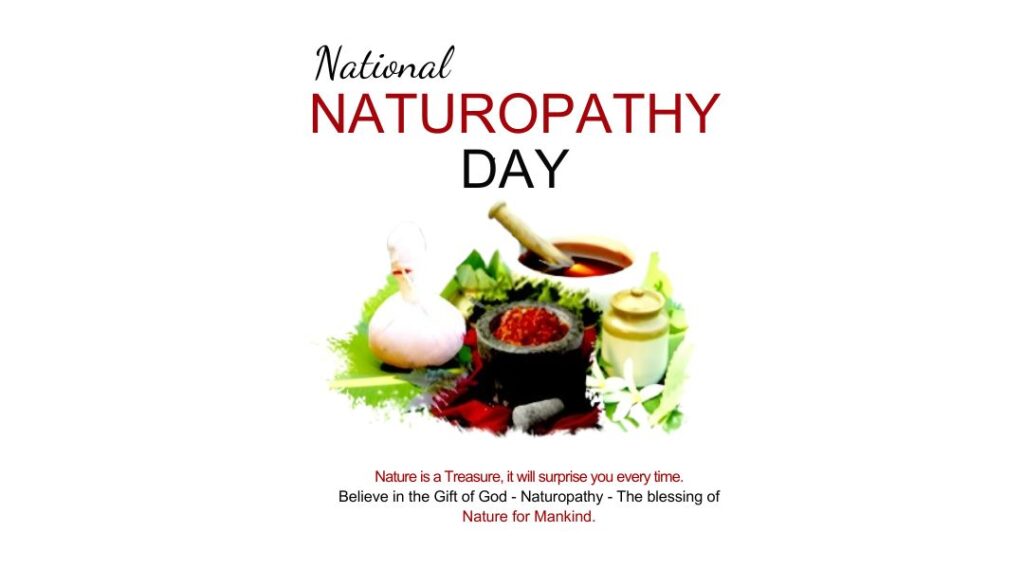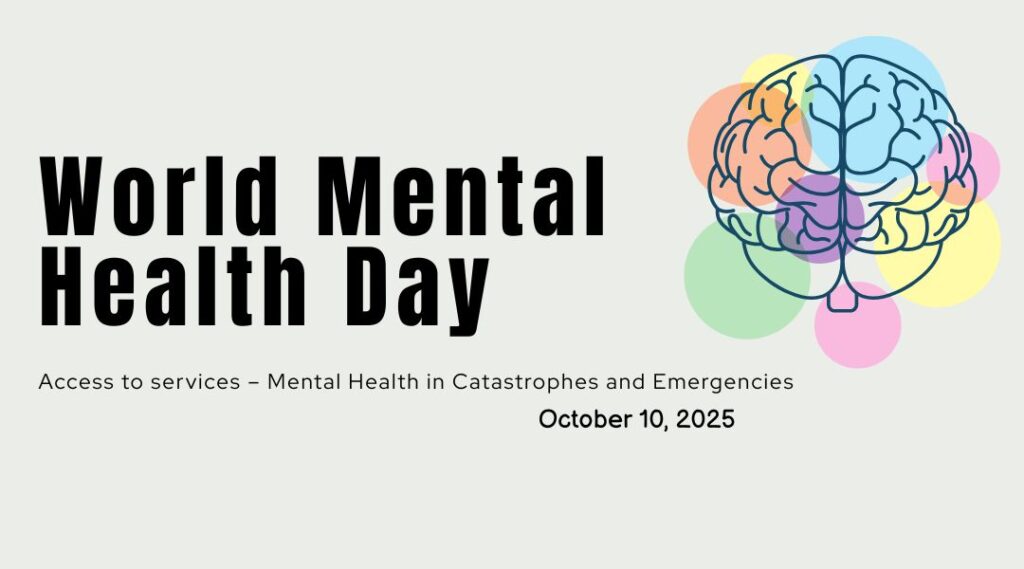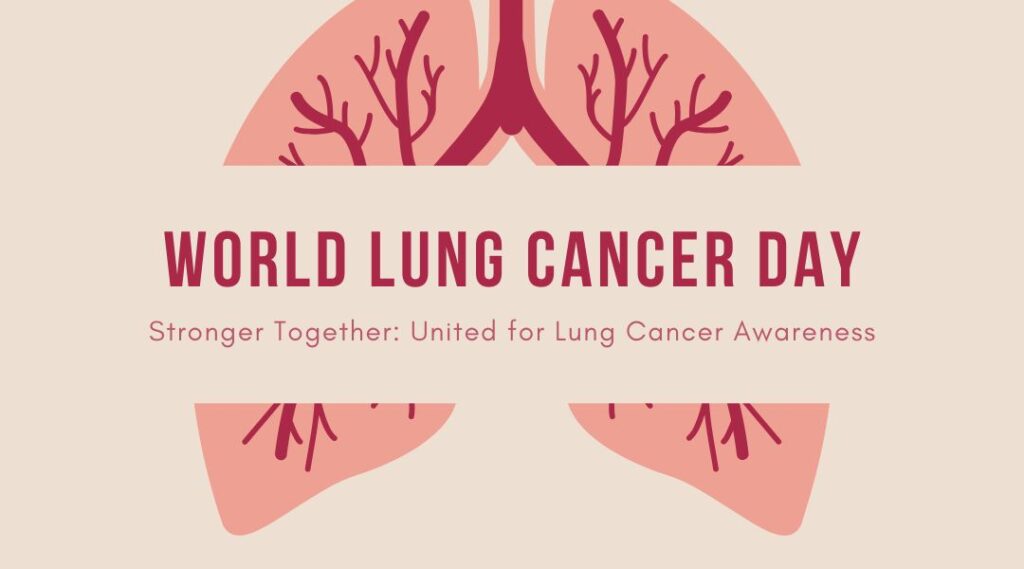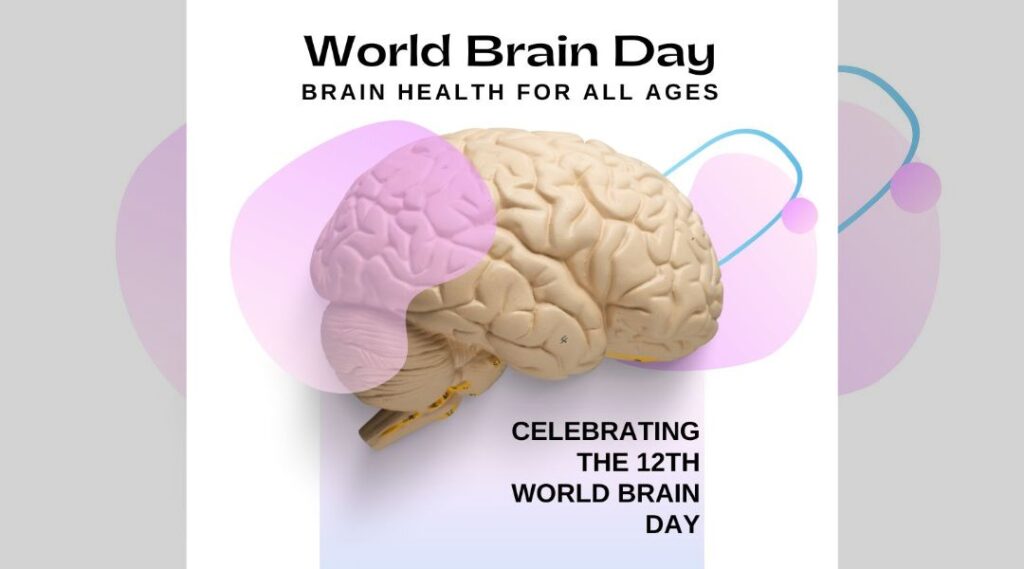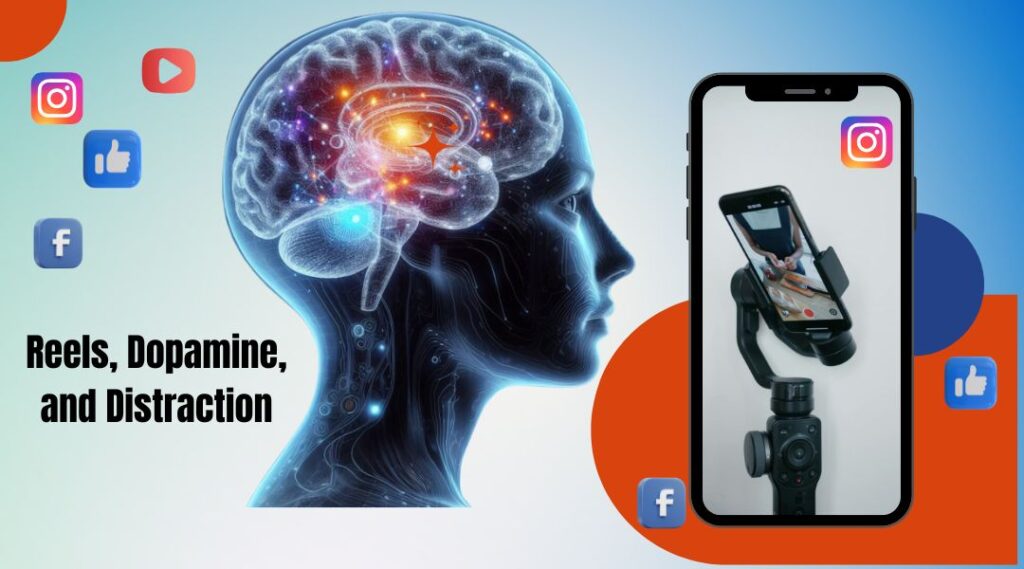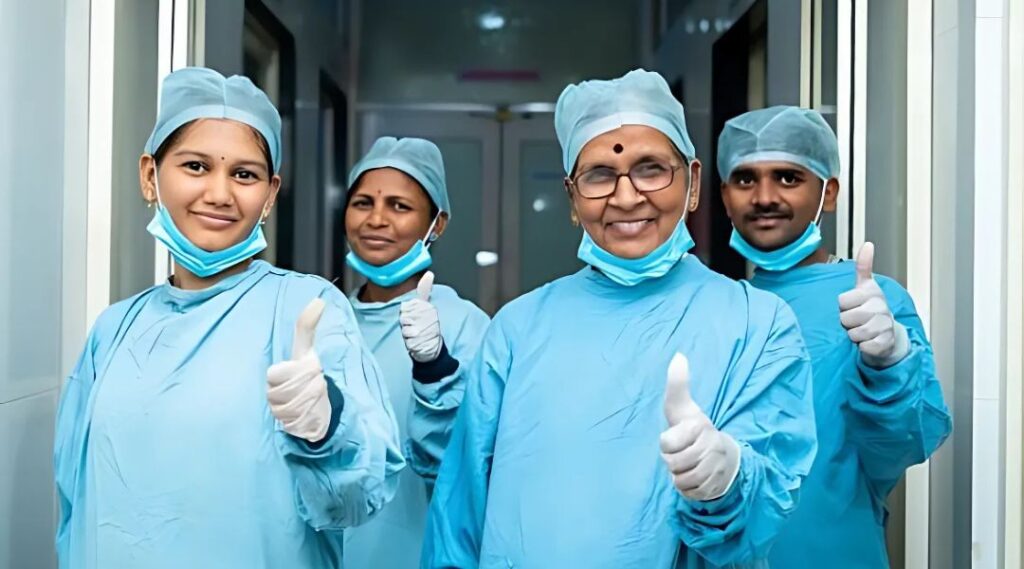National Naturopathy Day: Importance, History & Benefits
National Naturopathy Day: Importance, History & Benefits National Naturopathy Day is celebrated every year on 18th November in India to promote the idea of “Natural living and drugless healing.” The day reminds us that our body has a powerful ability to heal itself when we follow the right lifestyle, diet, and natural therapies. Why National Naturopathy Day is Celebrated? The Ministry of AYUSH started National Naturopathy Day in 2018.This day marks the foundation of the All India Nature Cure Federation and also honors Mahatma Gandhi, who strongly believed in natural healing and promoted it throughout his life. What is Naturopathy? Naturopathy is a holistic system of medicine that focuses on treating the root cause—not just the symptoms. It uses natural methods like: Naturopathy helps the body to detox, improve immunity, and maintain long-term wellness. Benefits of Naturopathy 1. No Side Effects Since naturopathy uses natural therapies, the chances of side effects are very low. 2. Treats the Root Cause Instead of only suppressing symptoms, it corrects the lifestyle and diet that cause diseases. 3. Improves Overall Wellness Yoga, meditation, and a natural diet improve physical, mental, and emotional health. 4. Boosts Immunity Detoxification and healthy routines strengthen the body’s natural defense system. 5. Affordable & Easy to Follow Most techniques—like proper diet, sunlight, water therapy—are easily accessible. Why Naturopathy is Important Today? In a world full of stress, pollution, processed food, and busy lifestyles, natural healing has become more relevant than ever. Diseases like diabetes, hypertension, obesity, and PCOS are rising rapidly.Naturopathy provides simple, long-term solutions to these issues without heavy medications. How People Celebrate National Naturopathy Day Hospitals, institutes, and wellness centers host: Social media campaigns also encourage people to adopt natural habits. National Naturopathy Day reminds us that nature is the best healer. By adopting a simple lifestyle, eating pure food, and staying connected to nature, we can prevent many diseases and live a healthier, happier life. Latest Post National Naturopathy Day: Importance, History & Benefits World Diabetes Day: Understanding Diabetes and Spreading Awareness BBA in Healthcare Management – Online Study Mode Difference Between Paramedical and Nursing Courses – Which One Should You Choose? World Mental Health Day 2025: Access to Services – Mental Health in Catastrophes and Emergencies World Lung Cancer Day: Spreading Awareness, Saving Lives World Brain Day – Brain Health for All Ages Reels, Dopamine, and Distraction: The Brain Science You Should Know International Paramedics Day 2025: Celebrating Unity and Community National Doctor's Day: Honoring the Heroes in White Coats


